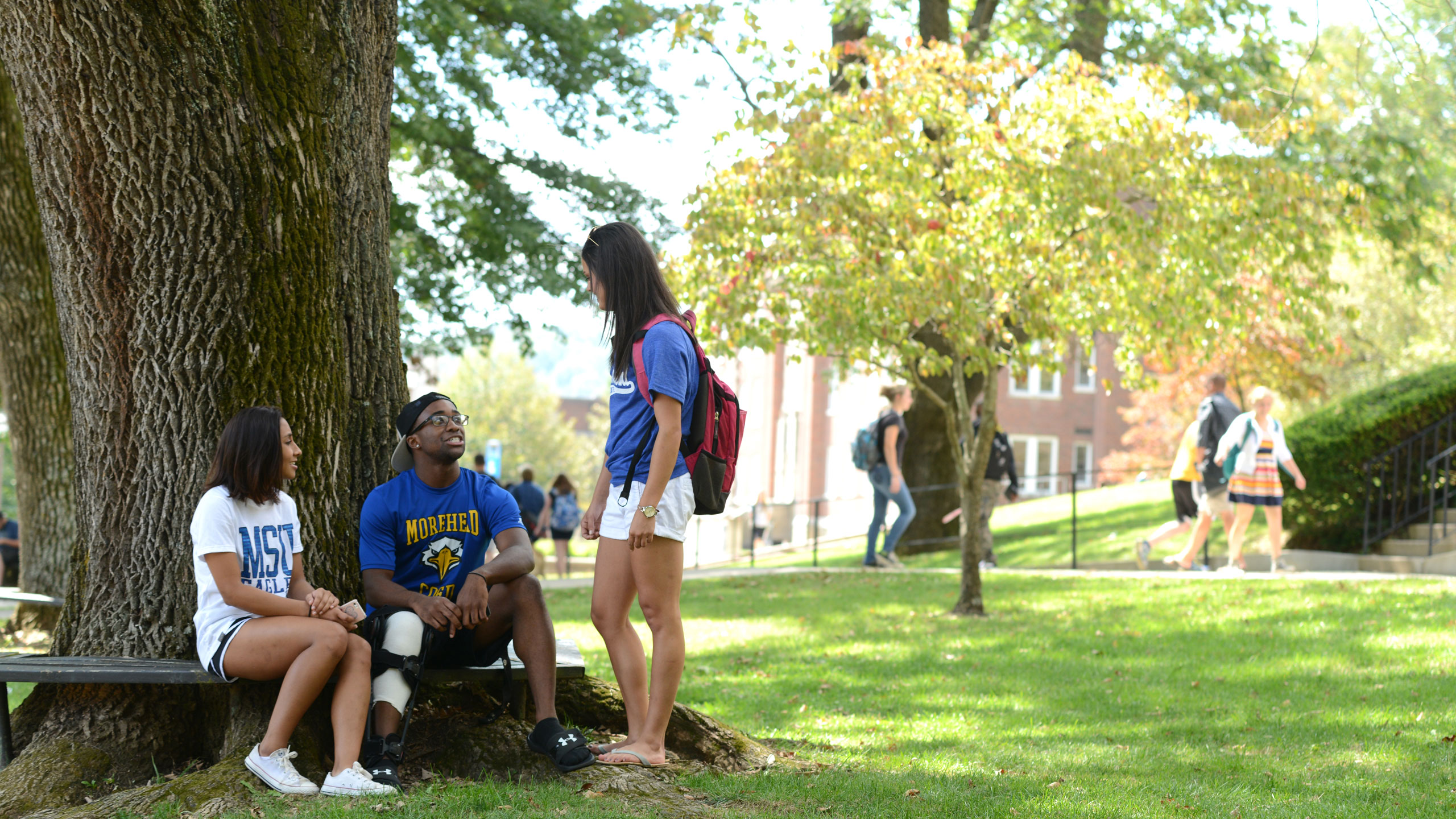Predictive analytics sounds like a tough concept to understand, but it’s definitely something all college students should be aware of. APM Reports says higher education universities use data tools to recruit students or keep them enrolled.
Think of it like Spotify or Netflix. They use date tools to track what we click on to recommend more things to click on.
But what exactly is predictive analytics? According to an analysis by the National Association of Student Personnel Administrators (NASPA), higher education colleges have different reasons for using student data based on their institutional goals and financial and personnel capacity.
The type of data colleges collect before a student even enrolls to the college is demographic characteristics, test scores, academic performance, motivation, and campus engagement, according to NASPA.
One of the main reasons colleges use data is to improve their retention rate. By collecting student data, they can pinpoint the students that need additional advising and tutoring to help them stay in school.
NASPA used Indian University Southeast as an example. Officials assumed students were leaving their campus to transfer to other nearby campuses, but after examining student performance data over 8 semesters, 4 years, and 6 years, they discovered they were losing “B” students because they were not receiving early intervention such as academic guidance.
Other reasons include enrollment management, admissions, and implementing innovations in technology according to what the student population needs, according to NASPA.
However, other colleges such as Saint Louis use student data to “purchase” students from the College Board and ACT, according to The Atlantic. The College Board and ACT won’t reveal the numbers or colleges they sold to, but The New York Times reported in 2010 the College Board sold 80 million names to about 1,200 colleges.
This in turn means colleges are looking for a specific student body and can cause them to exclude diverse students in underserved populations.
Some colleges may use data to student data can be used for the good for the future of college campuses and help students excel, but it can also be seen as an invasion of privacy because many students don’t know colleges are taking data from them without them knowing.
In a poll by student reporters at Georgia State University, some students reported concern about their privacy according to The Hechinger Report.
In the article, “Learning analytics and higher education: a proposed model for establishing informed consent mechanisms to promote student privacy and autonomy” by Kyle M. L. Jones, he argues that universities are violating student privacy.
“Historically, higher education institutions have failed to promote informed consent practices within and outside of classrooms, using paternalistic justifications to warrant their information practices,” Jones said.
There are federal student privacy laws such as the Family Educational Rights and Privacy Act (FERPA), that prevents universities from accessing grades, disciplinary records and other educational records without a legitimate educational reason. However, Jones says it isn’t enough because universities need to fully disclose what information they are collecting and give students a chance to opt out.
“I propose that institutions should use these freedoms to develop a technologically-enhanced informed consent mechanism using data privacy dashboards built on top of a technical identity layer,” Jones said. “…it prompts institutions to explicitly justify how and when their information practices run afoul of existing norms in order to procure student consent.”
The solution to make data collecting ethical is to involve students in the process.
“If individual autonomy is something we value in a society that espouses liberalism, we need to consider ways to support autonomy—informed consent is one such way,” Jones said.



